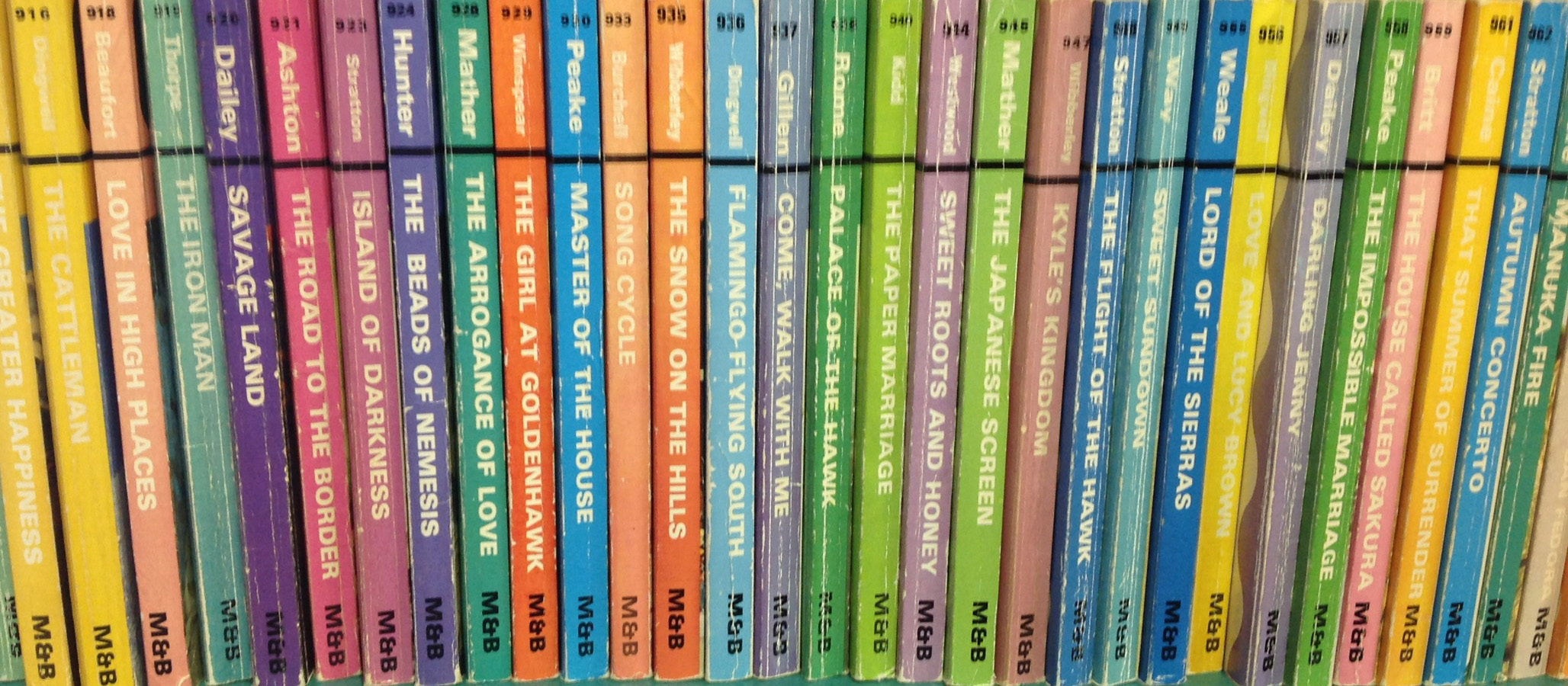The Problem of "Clean" Romance: Blurring the Boundaries
Start Date
23-4-2020 9:00 AM
End Date
23-4-2020 10:00 AM
Proposal Type
Individual Presentation
Abstract
“So glad you write clean romance!” That comment, or one like it, appears with some regularity on my Facebook author page, and it always makes me cringe. As a writer of contemporary and inspirational romance for Harlequin, an English professor teaching courses on popular romance in a creative writing program, and a reader of all romance subgenres from sweet to suspenseful to sexy, I’m constantly crossing boundaries. The question of sweetness and cleanness is a vexed one. Does calling one romance novel “clean” mean that others are dirty? Do sweet romances have to avoid disturbing issues? Do readers of inspirational romance care more about the spiritual content, or more about the lack of swear words and sex?
This presentation addresses how romance novels without explicit sexual content are named, what those names mean to readers, writers, and scholars, and the relationship between this type of novel and the inspirational romance subgenre. It gives some attention to current controversies in the romance community that resulted in removing the word “religious” from a RITA award category. While the presentation focuses on my own experience of crossing boundaries between author, reader, and student communities, I also make use of Pamela Regis’s framework in A Natural History of the Romance Novel and Lynn S. Neal’s Romancing God: Evangelical Women and Inspirational Fiction.
Lee Tobin McClain is Professor of English at Seton Hill University where she teaches in the MFA in Writing Popular Fiction. She is the author of fifteen romance novels published with Harlequin’s HQN and Love Inspired imprints. She has presented at the National Association of Developmental Educators, the Popular Culture Association, Sisters in Crime, and Romance Writers of America. Visit her website at www.leetobinmcclain.com.
The Problem of "Clean" Romance: Blurring the Boundaries
“So glad you write clean romance!” That comment, or one like it, appears with some regularity on my Facebook author page, and it always makes me cringe. As a writer of contemporary and inspirational romance for Harlequin, an English professor teaching courses on popular romance in a creative writing program, and a reader of all romance subgenres from sweet to suspenseful to sexy, I’m constantly crossing boundaries. The question of sweetness and cleanness is a vexed one. Does calling one romance novel “clean” mean that others are dirty? Do sweet romances have to avoid disturbing issues? Do readers of inspirational romance care more about the spiritual content, or more about the lack of swear words and sex?
This presentation addresses how romance novels without explicit sexual content are named, what those names mean to readers, writers, and scholars, and the relationship between this type of novel and the inspirational romance subgenre. It gives some attention to current controversies in the romance community that resulted in removing the word “religious” from a RITA award category. While the presentation focuses on my own experience of crossing boundaries between author, reader, and student communities, I also make use of Pamela Regis’s framework in A Natural History of the Romance Novel and Lynn S. Neal’s Romancing God: Evangelical Women and Inspirational Fiction.
Lee Tobin McClain is Professor of English at Seton Hill University where she teaches in the MFA in Writing Popular Fiction. She is the author of fifteen romance novels published with Harlequin’s HQN and Love Inspired imprints. She has presented at the National Association of Developmental Educators, the Popular Culture Association, Sisters in Crime, and Romance Writers of America. Visit her website at www.leetobinmcclain.com.


